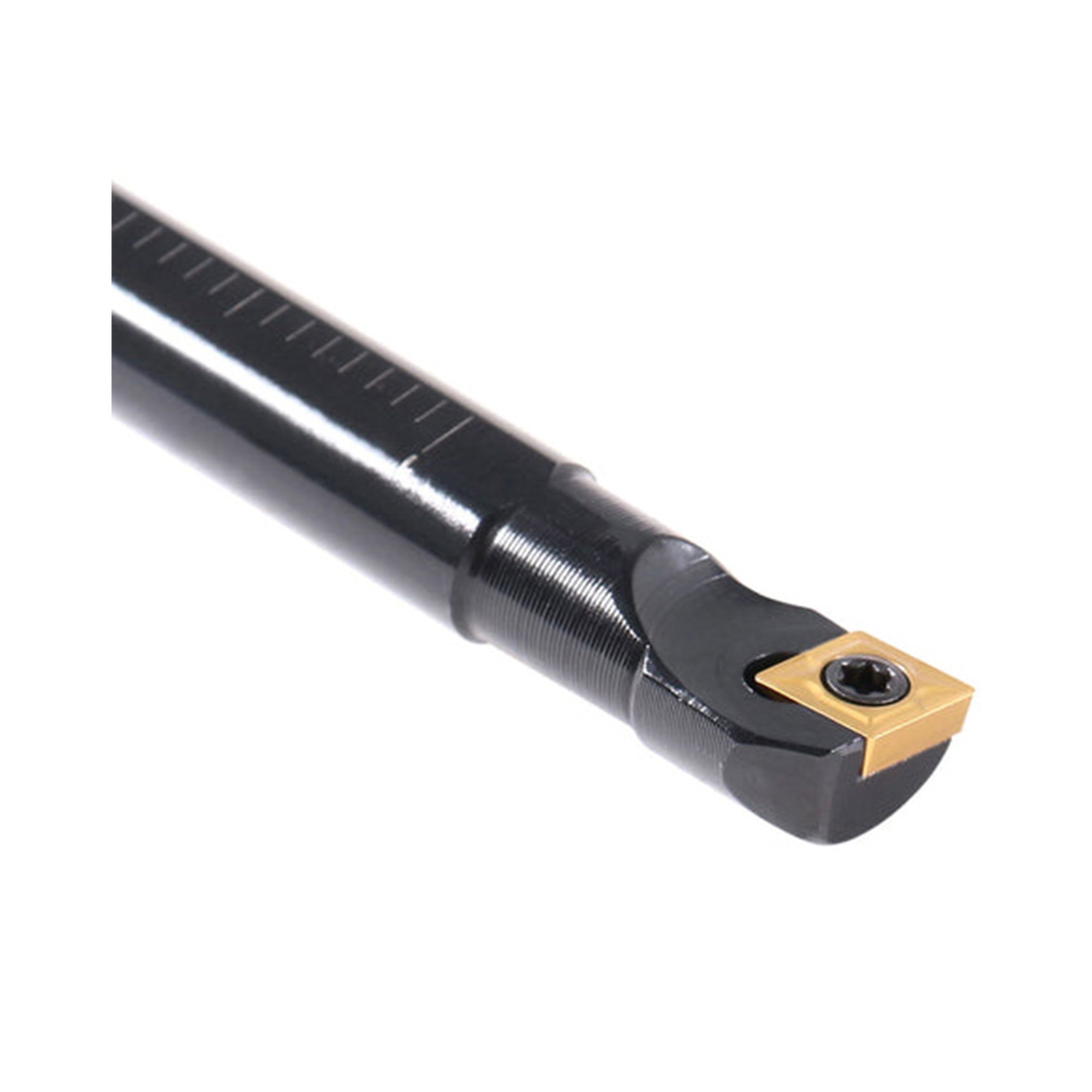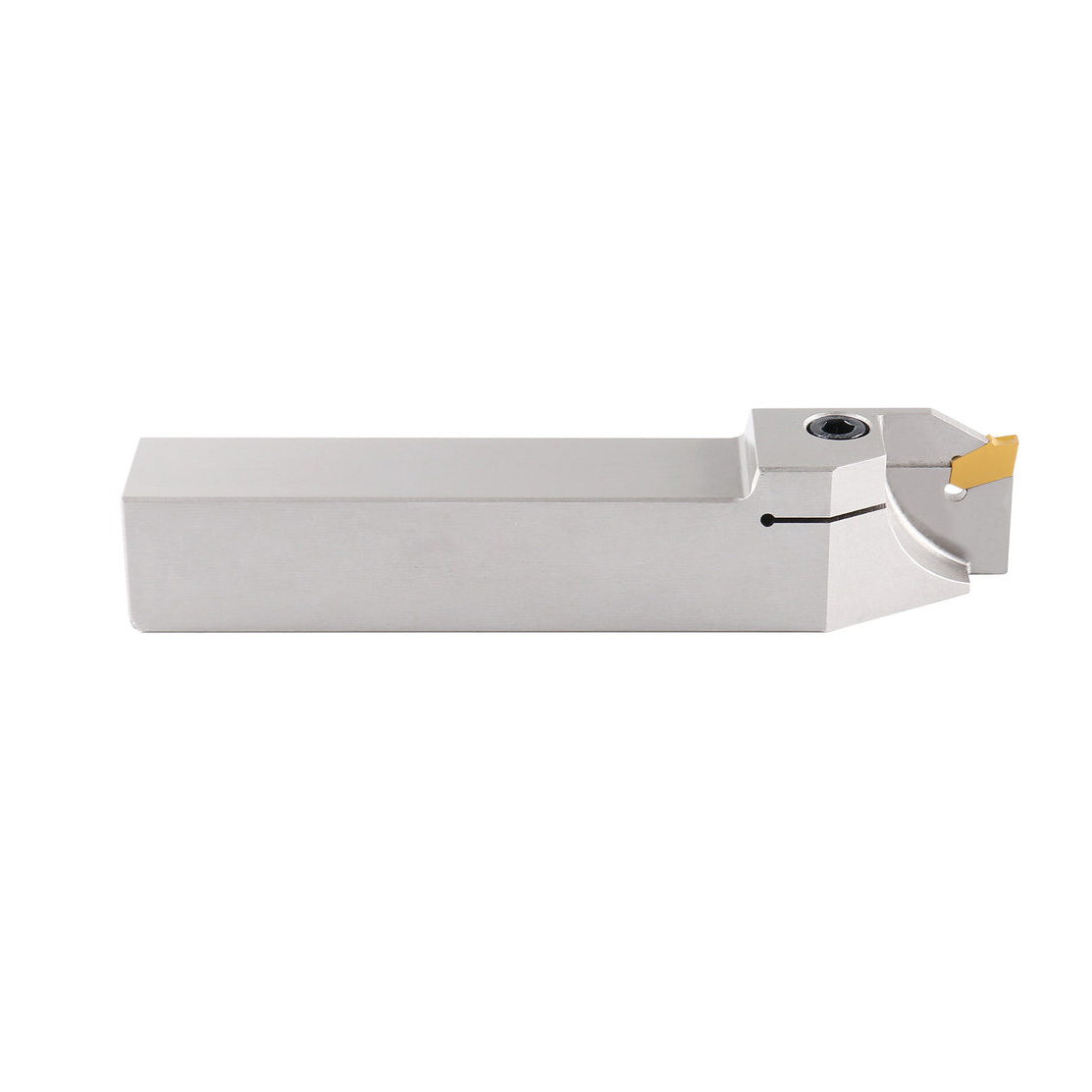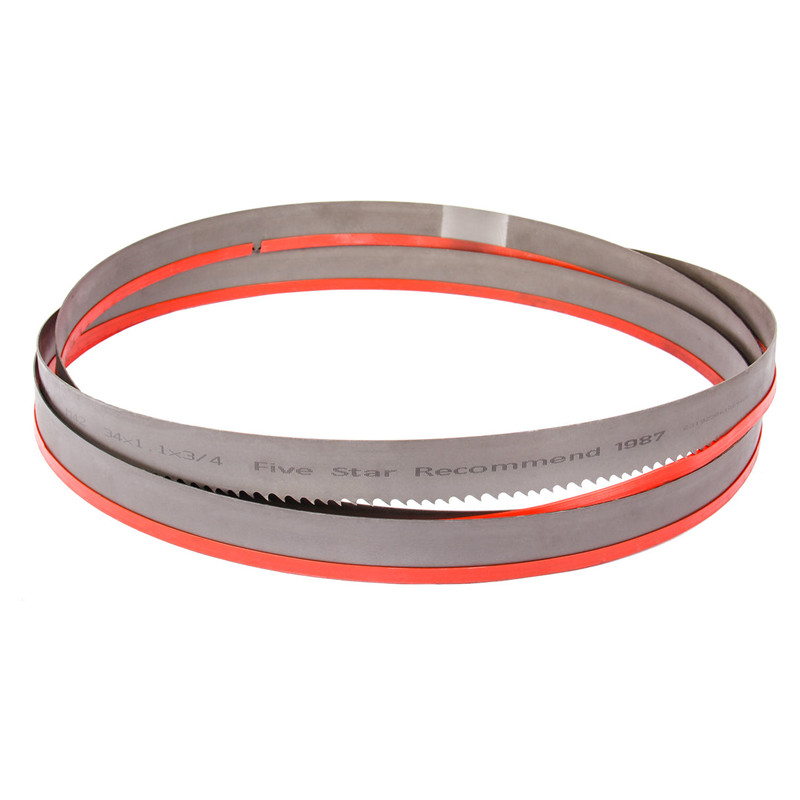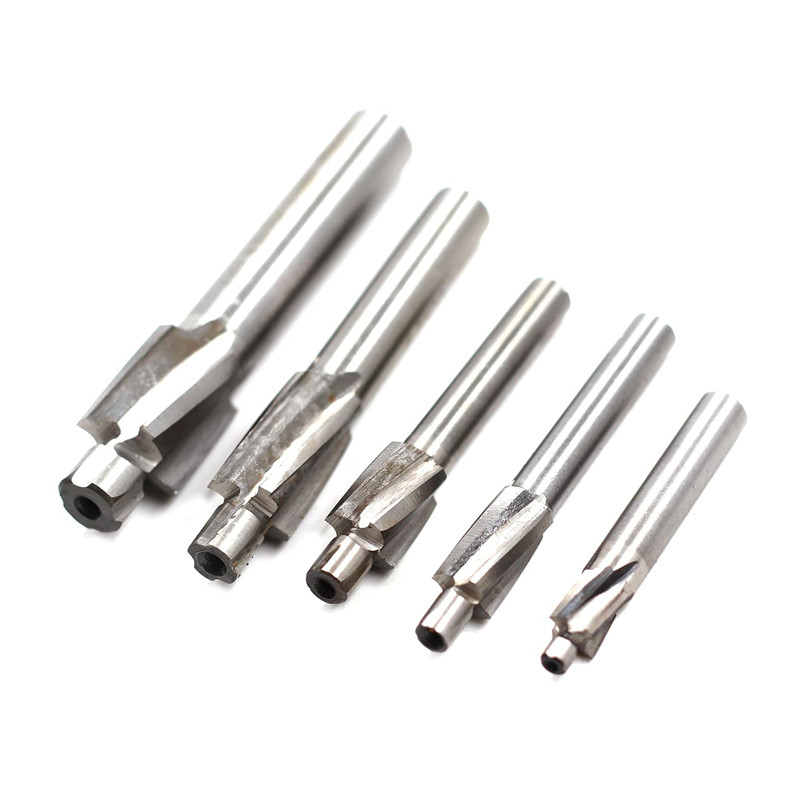center drill set Suppliers
Looking for high-quality center drill set suppliers? This guide explores the key factors to consider when choosing a supplier, the different types of center drill sets available, and tips for selecting the right set for your specific application. Discover reliable suppliers and ensure precision in your machining operations.
Understanding Center Drill Sets
Center drill sets are essential tools for creating accurate starting holes for twist drills or for producing countersunk holes for machine screws. They are designed to combine the functions of spotting (creating a pilot hole) and countersinking (creating a conical recess) in a single operation. This saves time and ensures that the hole is accurately centered.
Types of Center Drills
There are two primary types of center drills:
- Type A (Standard): Features a combined drill and countersink, suitable for general-purpose applications.
- Type B (Combined Drill and Countersink): Has a stronger neck for heavier-duty applications and is less prone to breakage.
Selecting the right type depends on the material you're working with and the depth of the countersink required.
Key Factors to Consider When Choosing Center Drill Set Suppliers
Choosing the right supplier is crucial for ensuring the quality and reliability of your center drill sets. Here are some important factors to consider:
Material Quality
The material used in the center drill set directly impacts its performance and lifespan. Look for suppliers that offer sets made from high-speed steel (HSS) or cobalt steel. HSS is a good general-purpose option, while cobalt steel offers superior heat resistance and durability, making it ideal for machining harder materials.
For example, M2 HSS is a common and cost-effective choice for many applications, while M42 cobalt steel offers superior performance when machining stainless steel and other difficult-to-machine materials.
Precision and Accuracy
The accuracy of the center drill is critical for creating precisely centered holes. Ensure that the supplier uses high-precision grinding techniques to manufacture their center drills. Look for suppliers who can provide documentation or certifications confirming the accuracy of their products.
Range of Sizes and Sets
A good supplier should offer a wide range of sizes to accommodate different hole sizes and countersink requirements. Consider whether you need a standard set or individual center drills to meet your specific needs. Wayleading Tools, for instance, offers various sets to cater to diverse requirements.
Supplier Reputation and Reliability
Choose a supplier with a proven track record of providing high-quality products and excellent customer service. Read online reviews and check for certifications to assess their reputation. A reliable supplier should be able to provide timely delivery and support.
Pricing and Value
While price is an important consideration, it shouldn't be the only factor. Focus on the overall value, considering the quality, durability, and performance of the center drill set. Compare prices from different suppliers to ensure you're getting a competitive deal.
Top Center Drill Set Suppliers
Identifying reliable center drill set suppliers can be challenging. Here are some strategies to help you find the best options:
Online Research
Start by conducting thorough online research. Use search engines to find potential suppliers and read customer reviews. Look for suppliers with a strong online presence and positive feedback.
Industry Directories
Utilize industry directories and trade associations to find reputable suppliers. These directories often list suppliers that have been vetted and meet certain quality standards.
Referrals and Recommendations
Ask for referrals from colleagues, industry contacts, or other machinists. Personal recommendations can be a valuable source of information.
Applications of Center Drill Sets
Center drill sets are used in a wide range of machining applications, including:
- Drilling Pilot Holes: Creating accurate starting points for twist drills, preventing them from wandering.
- Countersinking: Producing conical recesses for machine screws and bolts.
- Deburring: Removing sharp edges from drilled holes.
- Spotting: Accurately marking the location of holes before drilling.
Tips for Using Center Drill Sets
To ensure optimal performance and prolong the life of your center drill set, follow these tips:
- Use the Correct Speed and Feed: Adjust the speed and feed rate based on the material you're working with and the size of the center drill.
- Apply Cutting Fluid: Use cutting fluid to reduce friction and heat, improving the cutting performance and extending the tool life.
- Maintain Sharpness: Regularly inspect the center drill for wear and sharpen it as needed.
- Store Properly: Store the center drill set in a clean, dry place to prevent corrosion and damage.
Comparing Center Drill Set Materials
| Material | Hardness (HRC) | Heat Resistance (°F) | Typical Applications |
|---|---|---|---|
| M2 High-Speed Steel (HSS) | 60-62 | 1100 | General purpose drilling, mild steel, aluminum |
| M42 Cobalt Steel | 68-70 | 1200 | Stainless steel, hardened steel, high-temperature alloys |
Data based on typical material properties. Actual values may vary.
Conclusion
Choosing the right center drill set and supplier is essential for achieving accurate and efficient machining operations. By considering the factors outlined in this guide, you can find a supplier that meets your specific needs and ensures the quality and reliability of your tools. Remember to prioritize material quality, precision, supplier reputation, and value to make an informed decision. Consider Wayleading Tools as a potential partner in your search for quality tooling solutions.
Related products
Related products
Best selling products
Best selling products-
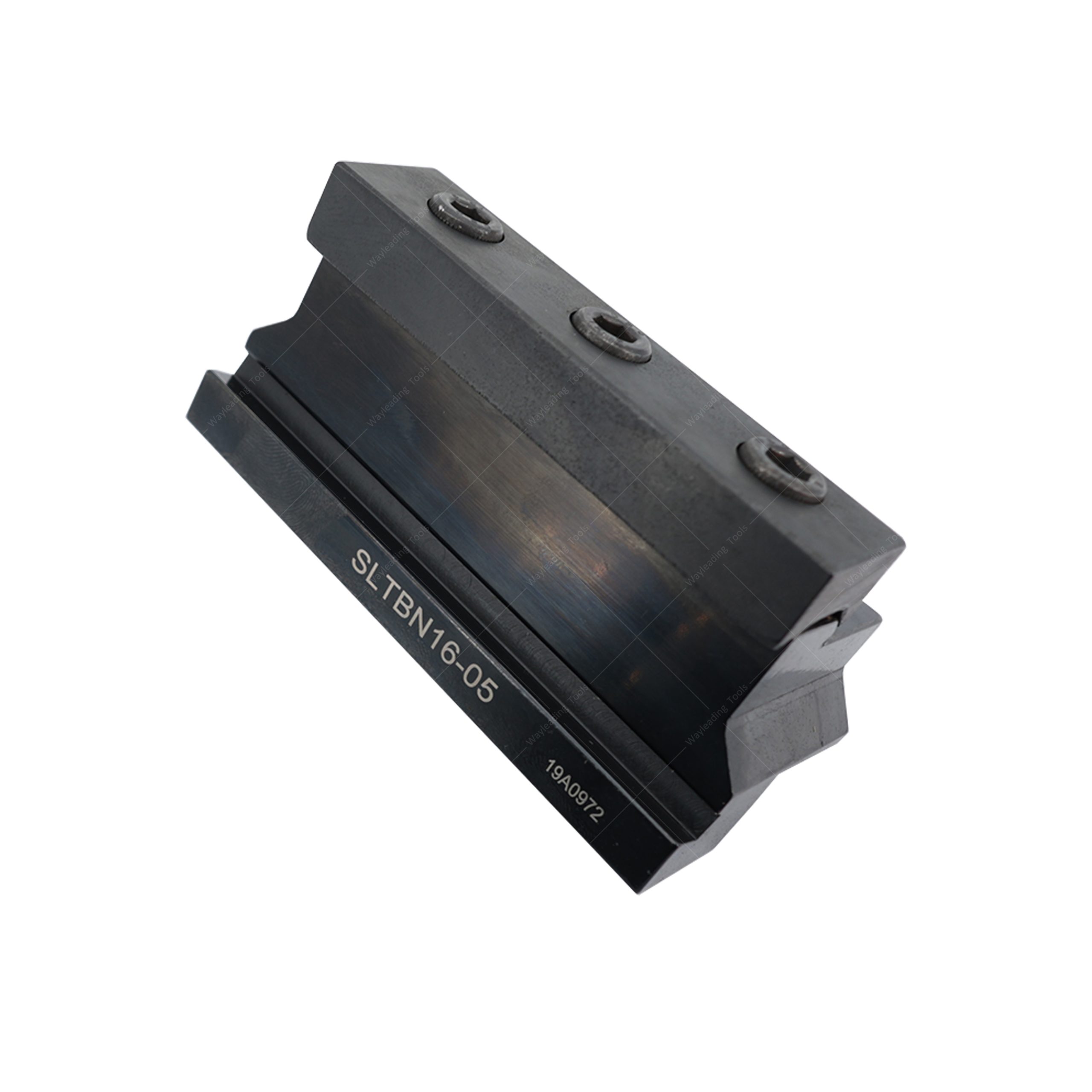 Parting & Grooving Tool Block For NCIH Blades
Parting & Grooving Tool Block For NCIH Blades -
 Precision Vernier Caliper With Nib Style & Standard Style Jaws Of Metric & Imperial For Industrial
Precision Vernier Caliper With Nib Style & Standard Style Jaws Of Metric & Imperial For Industrial -
 Precision V Block And Clamps Set With High Quality Type
Precision V Block And Clamps Set With High Quality Type -
 Precision Dial Caliper Of Double Shock-Proof For Industrial
Precision Dial Caliper Of Double Shock-Proof For Industrial -
 R8 Hex Collet With Inch and Metric Size
R8 Hex Collet With Inch and Metric Size -
 CNMG & CNMM Turning Insert For Indexable Turning Tool Holder
CNMG & CNMM Turning Insert For Indexable Turning Tool Holder -
 Precision IP54 Digital Outside Micrometer Of Inch & Metric With Data Output
Precision IP54 Digital Outside Micrometer Of Inch & Metric With Data Output -
 HSS Metric Square Tool Bit With Industrial Type
HSS Metric Square Tool Bit With Industrial Type -
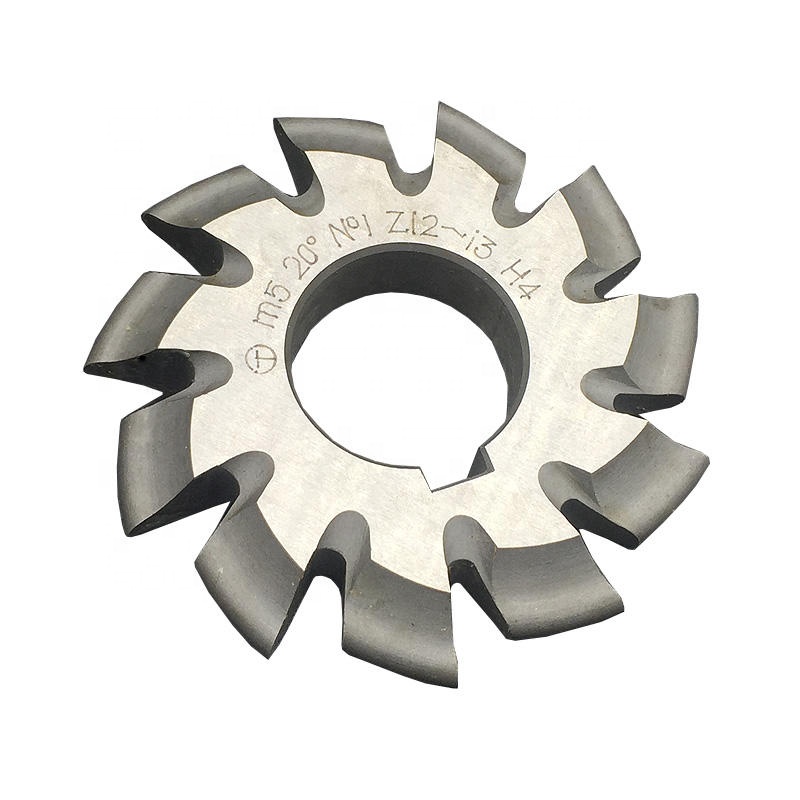 HSS Module Involute Gear Cutters With PA20 And PA14-1/2
HSS Module Involute Gear Cutters With PA20 And PA14-1/2 -
 TCT Annular Cutters With Weldon Shank For Metal Cutting
TCT Annular Cutters With Weldon Shank For Metal Cutting -
 DIN6537L Metric Solid Carbide Twist Drill With Internal Coolant & External Coolant
DIN6537L Metric Solid Carbide Twist Drill With Internal Coolant & External Coolant -
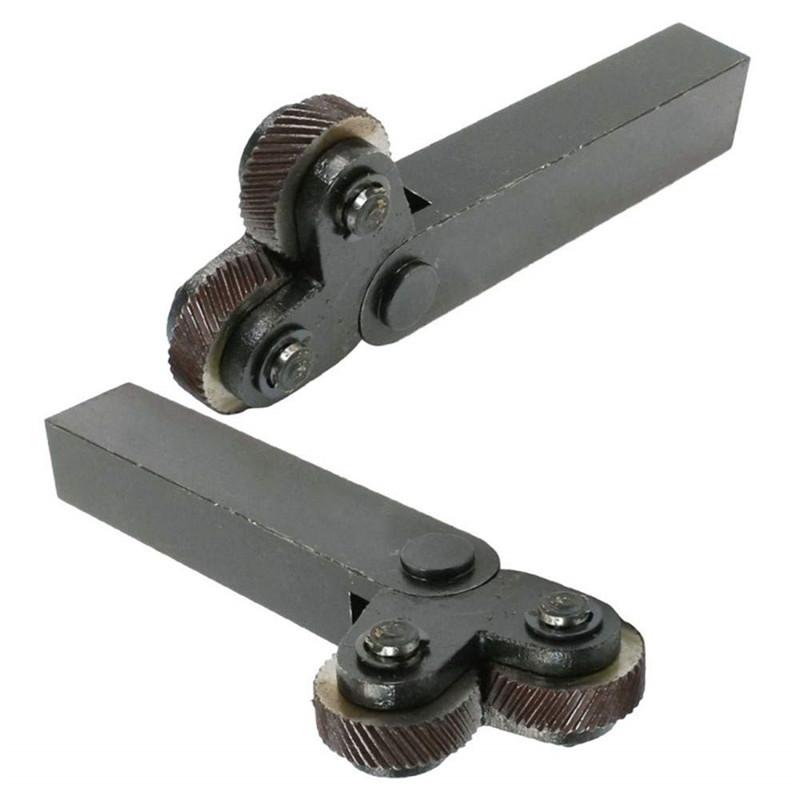 Dual Wheel Knurling Tools With Diamond Pattern For Industrial Type
Dual Wheel Knurling Tools With Diamond Pattern For Industrial Type


